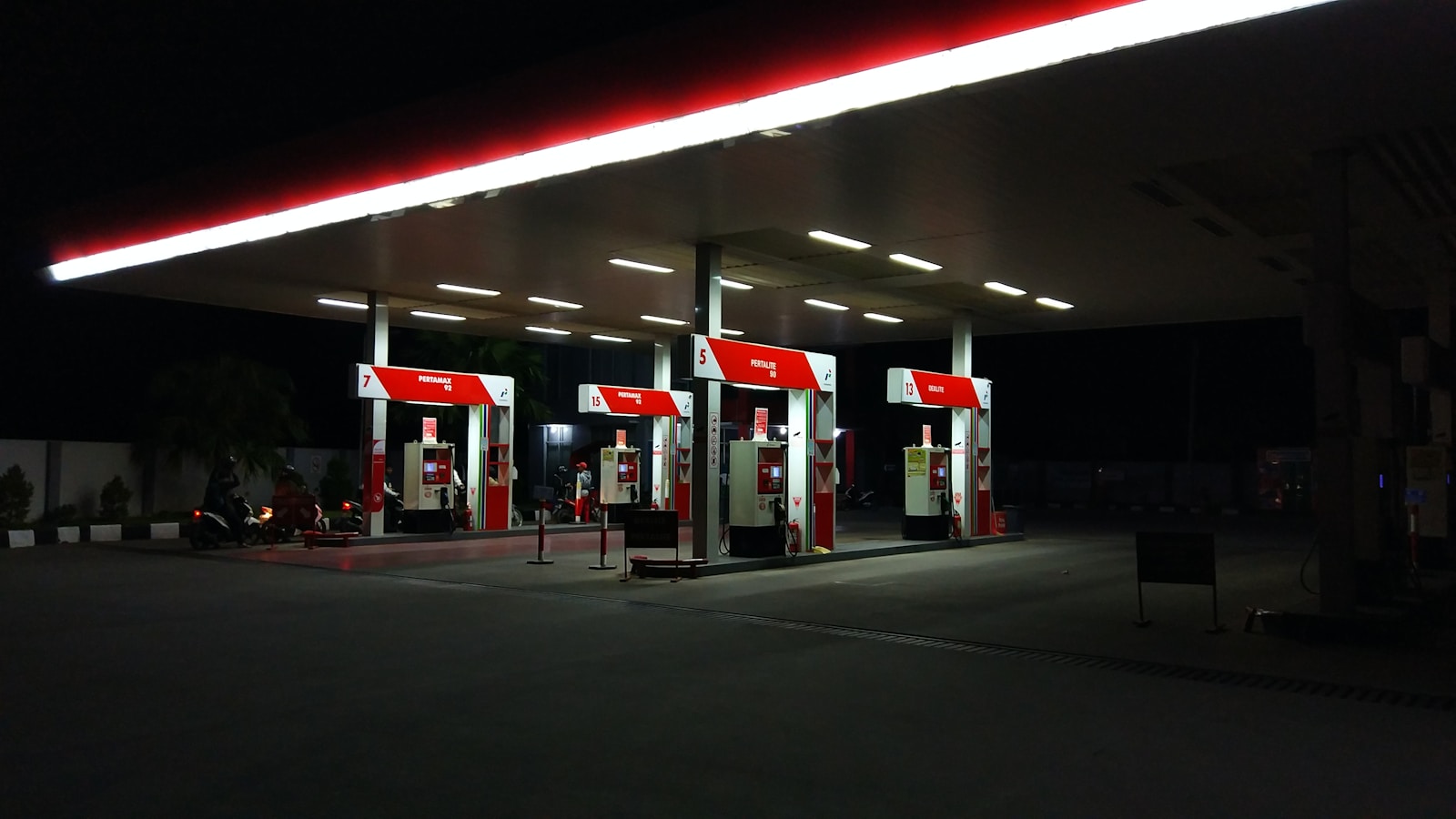
Key Considerations When Choosing an Insurance Partner for Your Oil and Gas Company
Oil and gas companies operate in a high-risk sector, meaning that even the most diligent and experienced organizations must take an exhaustive approach toward risk management and loss control. A well-crafted insurance portfolio can make all the difference in limiting the financial implications of many common accidents and other losses, but assembling the right coverage can be complicated.
7 Considerations for Choosing Insurance
Whether your oil and gas company is acquiring insurance for the first time or reviewing its policies, thoroughly vetting available coverage options is critical. Consider the following aspects of various carriers and companies to ensure an ideal coverage portfolio that can help foster robust financial protection:
1. Industry experience—Look for an insurance partner with extensive experience in the oil and gas sector. They should understand the unique risks of exploration, production and distribution. An experienced insurer can offer tailored coverage options and risk management strategies that align with your specific needs.
2. Financial stability—Ensure the insurance company is financially stable and has a strong credit rating. This is vital as it guarantees their ability to pay claims promptly and fully. Check their financial statements and ratings from agencies such as A.M. Best, Moody’s or Standard & Poor’s.
3. Exhaustive coverage—Evaluate the range of coverage options available. Your insurance partner should offer comprehensive policies that cover various risks, including property damage, business interruption, environmental liability and workers’ compensation. Customizable policies are a plus, allowing you to adjust coverage as your operations evolve.
4. Claims handling processes—Efficient and fair claims handling is essential. Investigate the insurer’s claims process, including response time and customer service quality. Reviews and testimonials from other oil and gas companies can provide insights into their reputation for handling claims.
5. Risk management assistance—A proactive insurance partner will offer risk management services to help mitigate potential losses. These services might include safety training, risk assessments, and loss prevention programs. Such support can be invaluable in preventing incidents and reducing insurance costs over time.
6. Regulatory compliance—The oil and gas industry is heavily regulated. Your insurance partner should be well-versed in the regulatory landscape and ensure that your coverage meets all legal requirements. This helps avoid penalties and ensures smooth operations.
7. Costs—While cost should not be the sole deciding factor, it is important to get competitive pricing. Compare quotes from multiple insurers but also consider the value of the coverage and services provided.
We’re Here to Help
Contact Esquivel Insurance Agency in Houston, Texas, today to learn more about coverage options and secure appropriate policies.
This blog is intended for informational and educational use only. It is not exhaustive and should not be construed as legal advice. Please contact your insurance professional for further information.
Categories: Blog, Oil and Gas Insurance
